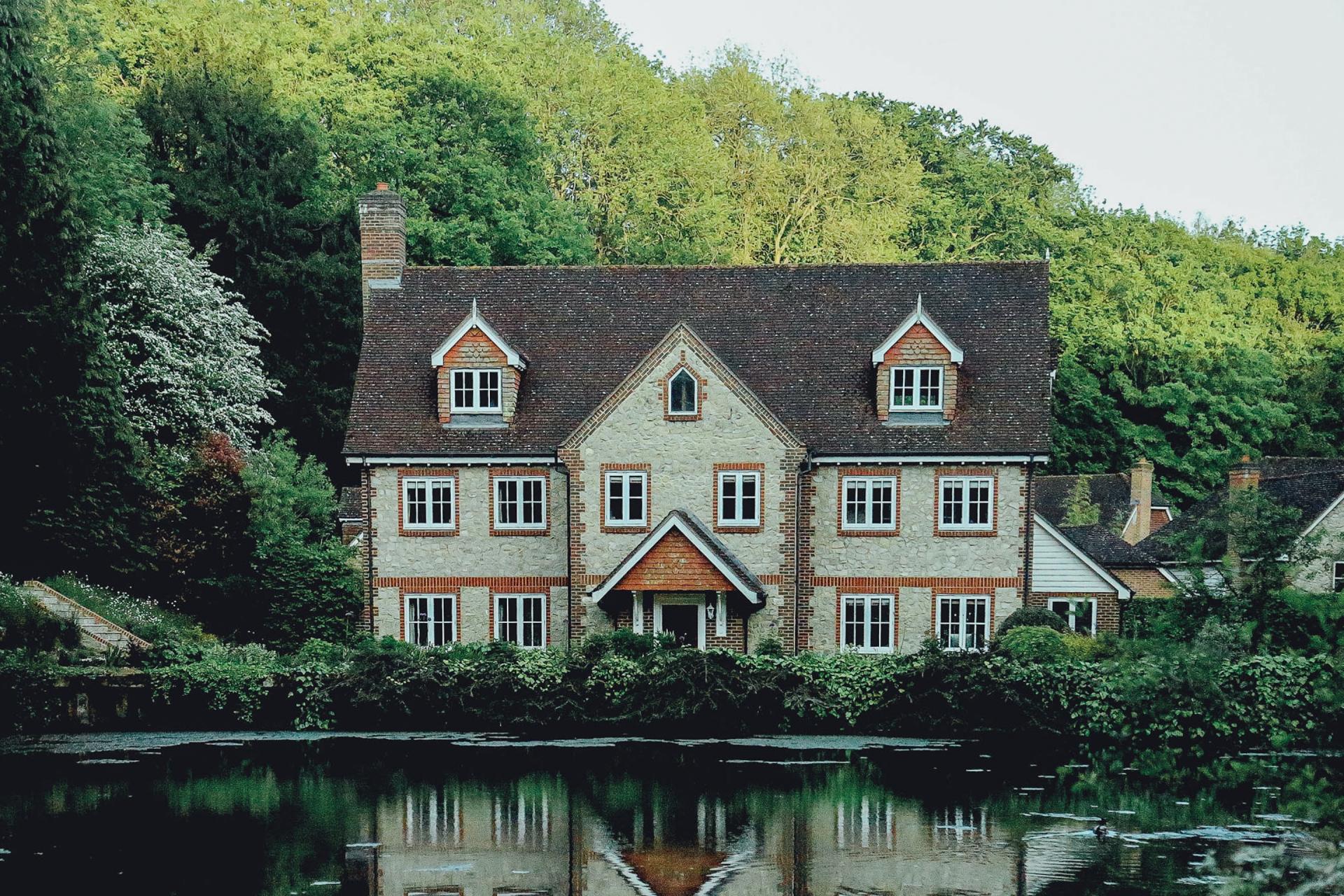Sat, 01 Aug 2020 | BUSINESS NEWS

The high number of deaths in care homes, combined with the reluctance of families to place elderly residents in care homes during the COVID-19 pandemic, means that many in the sector are now facing considerable financial distress.
According to the latest research from the UK Local Government Association, as a result of the pandemic, the care home sector could potentially be looking at a shortfall of around £0.5 billion, with the majority of that due to a reduction in private or NHS care placements.
Benjamin Wiles, Managing Director, Global Restructuring Advisory, Duff & Phelps, commented: “The financial pressures placed on providers in the care home sector as a result of COVID-19 could potentially make many otherwise viable businesses unsustainable. The long-term impact could be considerable for the sector, which is worth some £31 billion to the UK economy and employs tens of thousands of people.
“Prior to the outbreak, many providers were operating with incredibly tight margins so any reduction in patient numbers is going to have a dramatic effect at a time when care homes are seeing additional cost pressures associated with personal protection equipment, staff sickness and costly agency staff.”
According to some experts in the care home market, around 5% of residents lost their lives during the pandemic, which, coupled with a lack of new admissions for some homes, means that occupancy levels are unusually low for many and falling further still. This will be enough to impact even the most profitable of suppliers in the market.
“With both local authorities and private individuals clearly reticent about homing the elderly in care homes unless necessary, COVID-19 is not only creating a real-time challenge but it is also storing up significant issues down the line for the sector. In other words, can our social care system continue if the beds are not there as a result of business failures?" added Wiles.
“When the pandemic broke out the government pledged £600 million on infection control in care homes. There is no doubt that this has been welcomed by many in the sector, and while that has gone some of the way to pay for items such as PPE and other COVID-19 related expenditures, what it cannot do is make up for the loss in occupancy levels. That is what provides the key to profitability and the sustainability of provision.”
Local authorities across the UK have closed many care homes in the past decade, arguing that it is much cheaper to pay a private care home than to provide that care themselves. But the long-term viability of a private care home is not guaranteed, given the huge financial pressures many face today as a result of the pandemic.
“Care homes are well-versed in controlling viral infections and have procedures in place to protect other residents. Their focus is on four key areas to protect residents and enable a recovery in residency levels. Firstly, the care needs of individual residents. Many care homes have reviewed their visiting policies to reduce social interaction and adhere to social distancing recommendations and are now using technology such as video conferencing for families to stay connected. Secondly, long-term infection prevention and control measures which by definition means continual investment in PPE and cleaning to ensure the care home is safer than staying at home.
“Testing arrangements also need to be ramped up and maintained to deliver a thorough solution for outbreak management and ongoing surveillance. Finally, investment needs to be made in workforce training so that staff carefully adhere to safe working procedures to minimise the risk of transmission.
“There is no doubt that the operating environment for care home owners and managers is challenging, but it is possible to protect your business if you act quickly. Our team of experts can independently assess the position of the business and model various scenarios to provide clarity of the financial needs of the business now and into the future. Our advisors can also assess available funding options to mitigate any funding requirements as well as more formal restructuring options should that be necessary,” Wiles concluded.
***********************************
Are you looking to sell your care/nursing home? We have buyers interested.
Download the free comprehensive guide to buying a care home in the UK
See our current listings of care home businesses for sale
This is an exciting opportunity to acquire a well-established community pharmacy in Cambridgeshire that has been independently operating for over 20 years with a 40-hour contract.
LEASEHOLD
This well-established and modern pharmacy in the West Midlands boasts over two decades of success and a strategic location with potential to enhance OTC and services revenue.
This long-established Cardiff pharmacy is experiencing consistent turnover growth, benefiting from a 5% NHS funding increase in Wales.
Booming Medtech, a Honeypot for Business Buyers
Private equity and venture capital investors are moving cash into...
Buying opportunities and threats in the UK care home industry
Not all sectors receive the same level of interest from business buyers...
Private healthcare surge brings new business opportunities
The private healthcare industry is growing fast and, with it, an...
Buy a care or nursing home out of administration, at lower than market-valued prices. Enquire about assets that may be a result of a business falling into distress.
Search administration listingsJoin today to receive:
All this and much more, including the latest M&A news and exclusive resources
Please choose your settings for this site below. For more information please read our Cookie Policy
These cookies are necessary for our website to function properly and provide you with access to all features.
These are analytics cookies that help us to improve the way our website works.
These are used to improve the functional performance of the website and make it easier for you to use.
